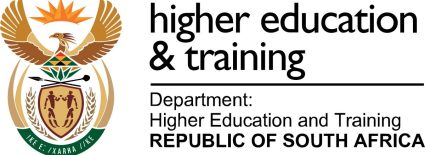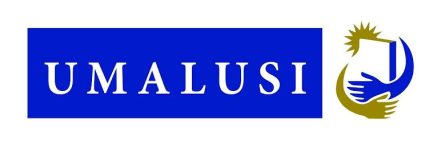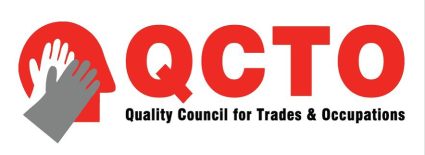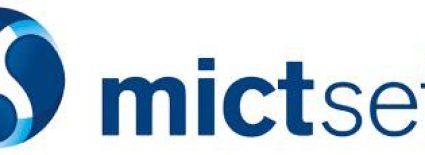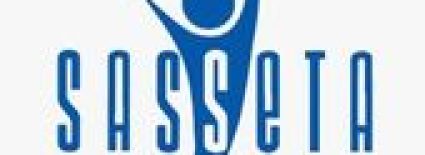Technical School
Technical School
Under DAM Technical School, courses are offered on full time and part time basis.
There are two types of courses offered’
A. N courses
What are N courses ?
N courses ;
- are career – oriented courses which have a key role to play in skills development, economic growth and Job creation
- develops well – educated and autonomous Citizens and provides opportunities for life long learning through the articulation of learning programmes
- facilitates the transition from school to the workplace.
- provide people with skills they need in their lives to build careers, join the economy and be commercially active.
All N Certificate and Diplomas are issued by the National Department of Education and are recognised by Commerce and Industry. DAM Technical School is a full time school offering N level courses, with standard 9 (grade 11) or an equivalent qualification as the minimum entrance requirement.
BROWSE COURSES
- National Diploma in Policing
- National Diploma Chemical Engineering
- Short Courses
- Matric Rewrite
- National Diploma Educare(Teaching)
- National Diploma Human Resources Management
- National Diploma Public Relations
- National Diploma Mechanical Boiler Making
- National Diploma Mechanical Boiler Making
- National Diploma Civil Engineering
- National Diploma Mechanical Engineering
Engineering Studies
N2 – N3 National Certificates
Electrical Engineering
Civil Engineering
Boiler Making (Welding)
Mechanical Engineering
N4 – N6 National Diploma in Engineering Studies
Electrical Engineering
Civil Engineering
Mechanical Engineering
Chemical Engineering
Business Studies
Introduction to Business Studies
National Diploma in Human Resources Management
National Diploma in Financial Management
National Diploma in Business Management
National Diploma in Management Assistant
National Diploma in Public Management
National Diploma in Public Relations
N courses in the technical field offered by DAM Technical school range from N3 – N6. The N3 Certificate in Engineering is on a par with standard 10 (grade 12) and N6, the highest level offered by DAM Technical School is a post-matriculation qualification.
- Students can obtain a National Senior Certificate (matric qualification) by passing four subjects on N3 level, as well as two languages on NSC level.
- A student will qualify for a National N Diploma Electrical Engineering on completion of a minimum of 12 subjects, ranging from N4 to N6, together with a minimum of two years in-service training.
- A student will qualify for a National N Diploma in Commerce on completion of a minimum of 12 subjects, ranging from N4 – N6, together with a minimum of 18 months in-service training.
Short courses offered:
English for Beginners
MS Office
MS word and Typing Skills
MS Excel
MS Access
MS PowerPoint
Internet and E-mail
A+ Computer Engineering
Call Centre
Call center Advanced
Computer Cashier
Computer Secretarial
Computer Administration Clerk
Computer Receptionist
Bookkeeping to Balance Sheet
Why should you study with DAM Technical School?
- DAM Technical College is registered with the Department of Education as a private college.
- DAM Technical School is well established and has produced many successful graduates.
- High pass rate.
- DAM Technical School educators are highly qualified, committed, dedicated and understanding. They take care of their learners and enjoy seeing them succeed.
- Fees at DAM Technical School are affordable and flexible method of payment can be arranged which suits anyone.
- Students who study at DAM Technical College are properly trained. This is evidenced by the fact that the job market absorbs them; even some get absorbed before completion of their courses while others start their own businesses.
- The environment at DAM Technical College is conducive to learning; it’s neat and clean. There exist well-equipped training facilities.
- DAM Technical School strives to maintain close contact with the Job market, in order to ensure that the learners are adequately trained to meet the needs and demands of employers.
- DAM Technical College has the best computer technology you can ever find anywhere
All learners will receive Loan Study Material from the college. The College will lend learners books if they are in stock. The books must be returned after each semester.
Dam training is registered with the Department Education and accredited by Safety & Security SETA (SASSETA) at NQF Level 6. All our campuses have their own individual accreditation. Assessment Tools All leaners are to complete a Portfolio of Evidence (POE) every semester.
The Portfolio of Evidence costs R400 per semester. A total R800 per year. Practical Training It is a requirement that all learners should complete external practical training sessions for experimental learning. This includes the physical training component and firearm training component. The practical training should be completed by both first and second-year learners. The annual fee for training is R2750 for 1st Year and R2500 for 2nd Year. Duration (2 years) The National Policing is a two-year course. After completion, the learner will be issued with a National Diploma from SASSETA.
There are no certificates issued after the 1st year of learning Examinations are conducted at the end of every semester. The leaner will be examined on the modules studies during semester. An exam entry fee of R200 is payable every semester. Examination Re-Writes are conducted every January & July. The Exam Re-write fee is R150 per module failed.
Academic Requirements
- Grade 12 Certificate
- NS Certificate or Equivalent
Required Documents
- Completed registration Form
- Copies of your Metric or high school Diploma
- Certified Copies of your ID, or Passport
- Two ID sized passport photographs
- Registration Fee of R500(non-refundable)
- R50 for Compulsory Student id
- An initial Deposit As specified in the course
- Government Department
- South Africa Police
- Service
- Metro Policing
- National Intelligence
- Community Policing
- Security Management
- Business intelligence and Due Diligence investigation
- Corporate Investigation
- Fraud and Financial Investigations
- Pre-employment Screening
- Government Single Scope Background Investigation (SSBI)
- Government SSBI Periodic Reinvestigation (SSBI-PR)
- Insurance Fraud Investigation
- Worker’s Compensation Investigations

